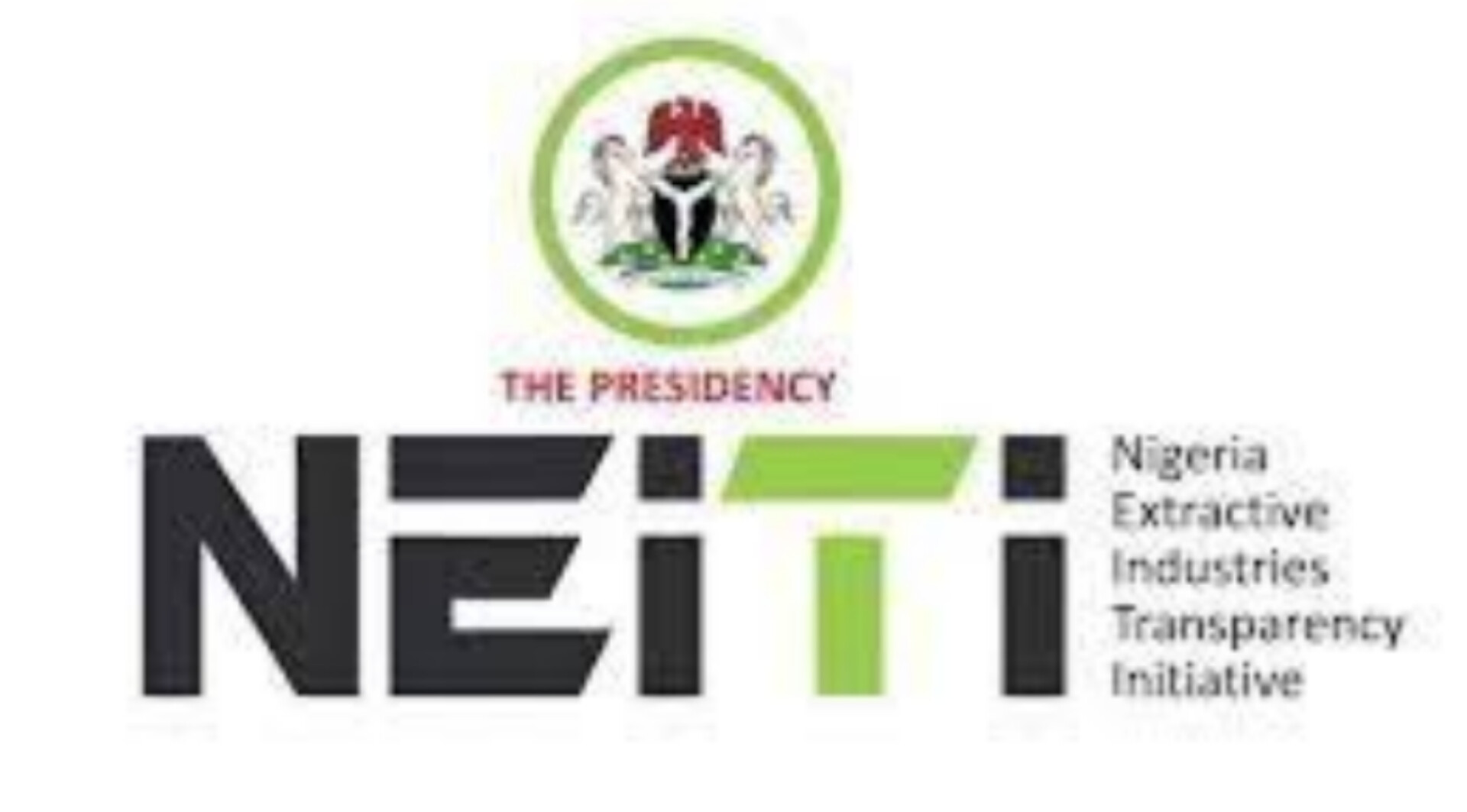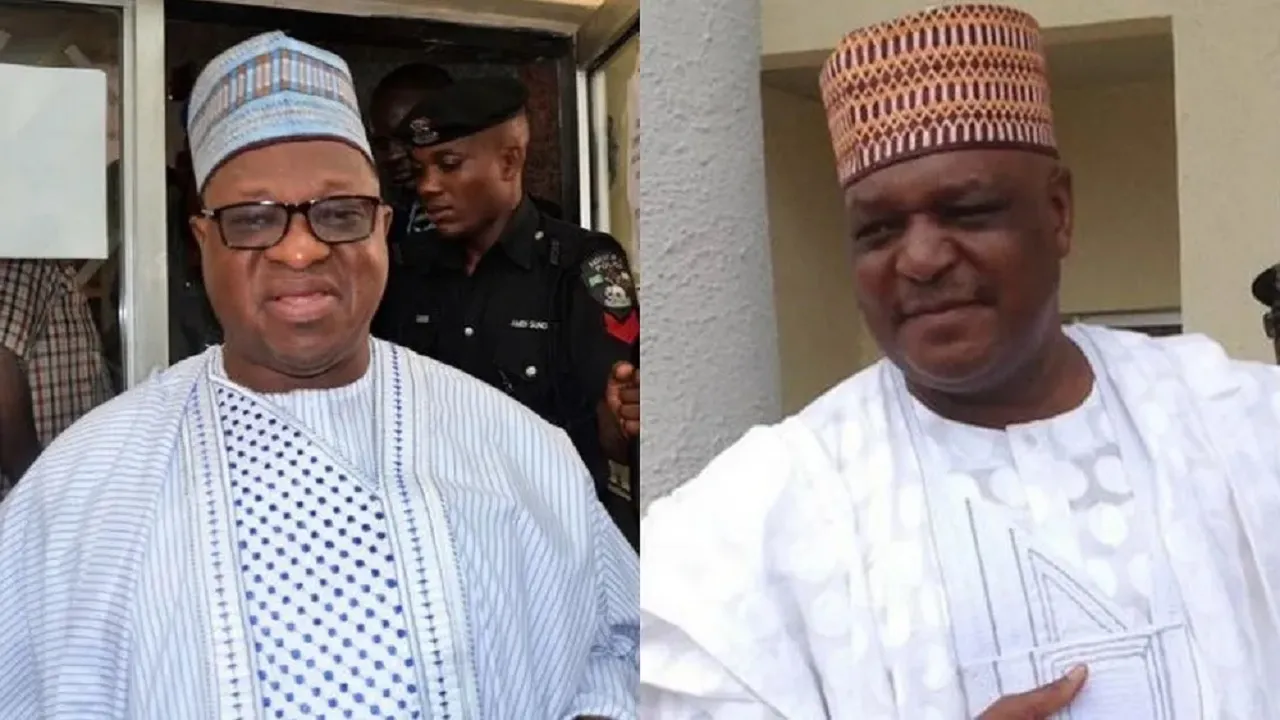***Warns of imminent backlash on APC in 2023
A civil rights advocacy group, Human Rights Writers Association of Nigeria, (HURIWA) has called on President Muhammadu Buhari, not to allow the plot to sell a Commercial Bank (Polaris Bank) as reported in a section of the media.
A news platform had reported that the CBN had allegedly gone ahead to sell the distressed bank clandestinely
The group said if the Commercial Bank is sold, it will not only compound the harsh economy Nigerians are going through but negatively affect the electoral fortune of the ruling All Progressives Congress (APC) in 2023 general elections.
Although the management of Polaris Bank Limited had debunked reports, describing it as “fake news report” as it urged the public to disregard it.
The Bank through a statement described the report as speculative and deliberately intended to create panic.
But a statement of caution released on Tuesday in Abuja by the national coordinator of HURIWA, Emmanuel Onwubiko, criticised the alleged lack of transparency and the shadiness in the reported sale of Polaris Bank allegedly by the CBN.
While calling on the President to avoid negative effect of such move against the APC, HURIWA said: “President Buhari should stop the illegal sale of the bank immediately.
The CBN governor has apparently been misinforming the President to approve ridiculous sales just as he wrongly advised the President to approve the sale of Exoon Mobil to Seplat and the attendant bank and forth.
“Recall that Emefiele was also allegedly fingered in the ridiculous sale of 104-year-old Union Bank by two-year-old Titan Trust Bank. The Economic and Financial Crimes Commission should have probed the CBN governor over this allegation which is contrary to Sections 9 and 11 of the CBN ACT 2007 but as usual, the former presidential aspirant of the All Progressives Congress, is an untouchable cabinet member of President Muhammadu Buhari.
“The CBN should be stopped from allegedly selling off banks in the country to cronies and friends as end-of-tenure benefits.”
The statement also called on the apex bank to issue a statement statement on the position of the bank on the matter in order to douse tension among the customers and stakeholders of the Bank.
According to HURIWA, “It is concerning that the so-called sale lacks transparency and is shrouded in so much darkness as no due diligence was not carried out, no tender, no advertisement to create public awareness, nothing, just some kangaroo and arrangee sale.
“To be exact, selling a bank which over N1.2 trillion was used to rescue at an alleged N40 billion is highly ridiculous and scandalous.”




